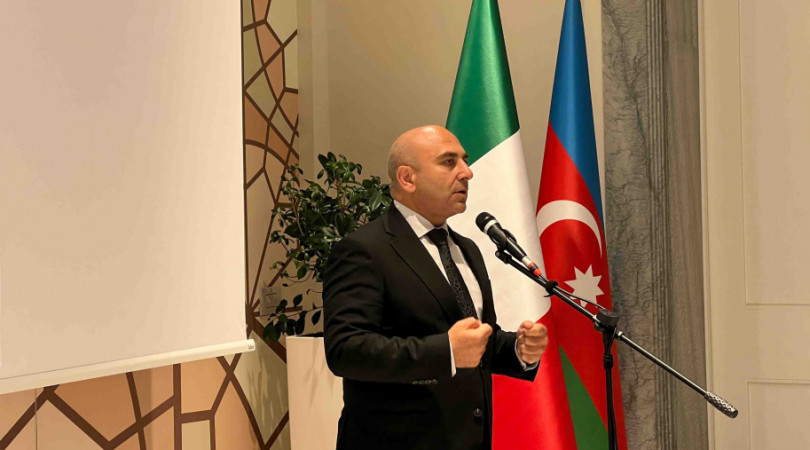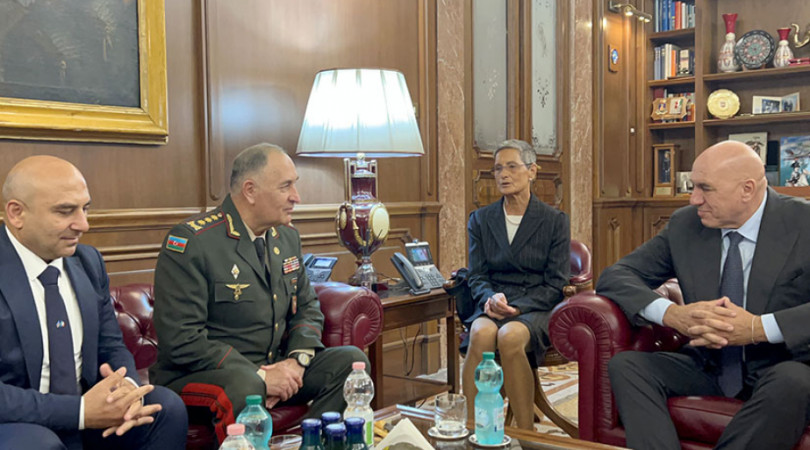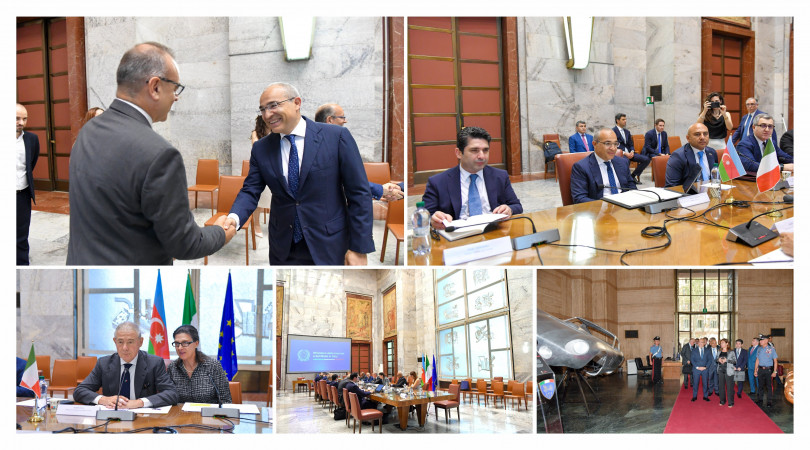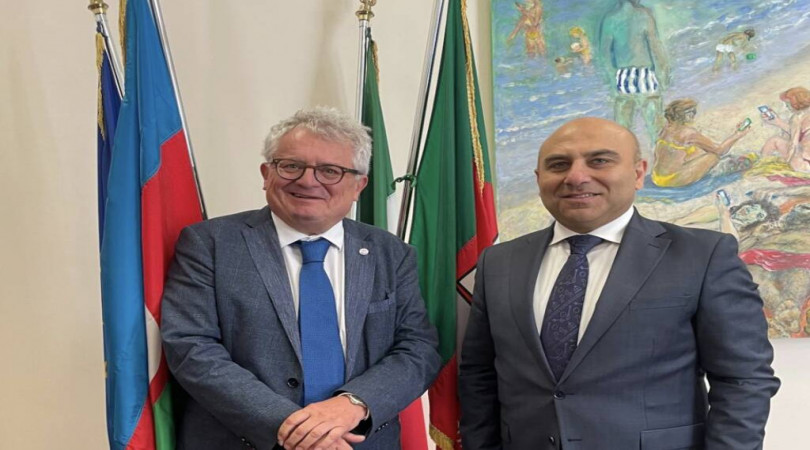The Azerbaijani delegation participated at the 175th session of the FAO Council
The 175th Session of the Council of the Food and Agriculture Organization of the United Nations (FAO) took place at the FAO headquarters from June 10-14, 2024. Azerbaijan was represented at the event by the Agrarian Credit and Development Agency under the Ministry of Agriculture (online) and the Embassy of the Republic of Azerbaijan in Italy (in-person).
Independent Chairman Dr. Hans Hoogeveen delivered the opening speech at the session, noting that the multilateral system and the UN system are criticized and challenged every day, but that the UN is the only global international platform where the world's biggest problems can be discussed and solutions can be found together.
Drawing upon Martin Luther King's words ("There comes a time when silence is betrayal"), H. Hoogeveen has emphasized the need to break the silence and translate our knowledge into action. He has asserted that our actions for those who need it most are our future.
The floor was then given to Director-General Qu Dongyu, who provided extensive information on his recent travels and events he had attended. He noted that FAO had been awarded the "Google Geo for Good Impact Award" for its "Google Earth Map APP," and that FAO was closely monitoring the situation in Gaza. He also stated that the financial shortfall to reach the SDGs was estimated at over $4 trillion per year, with $600 billion of that related to food, agriculture, and biodiversity.
Addressing the issue of the relationship between climate and agro-food systems, Qu Dongyu, during the meeting of the Food and Agriculture Partnership for Sustainable Transformation held at FAO headquarters in April of this year, provided information on the preparation of a detailed action plan to assist in accessing climate finance and stated that the identified priority activities will be presented at COP29.
The Director-General provided information on FAO's significant progress in developing innovative partnerships with member countries, universities, and other non-state actors through South-South and Triangular Cooperation. Examples include the creation of the world's largest university network on the transformation of agro-food systems, bringing together over 500 universities from 100 countries, and the establishment of a new Research Network and Innovation Center for Food Security to address agro-food system challenges in North Africa, the Near East, and beyond.
Recalling the celebration of FAO's 80th anniversary in 2025, the Director-General stated that this event will highlight the Organization's significant role in ensuring global food security.
Beth Crawford, ADG/Director of the Office of Strategy, Programme and Budget, provided information on the Programme Implementation Report for 2022-2023. She highlighted how the Organization is bridging traditional and scientific knowledge, collaborating with partners, its unwavering commitment to inclusive approaches that leave no one behind, and its focus on technology and innovation. The report noted how FAO managed its resources, spending 30% more in 2022-2023 compared to the previous two years, including 99.8% of net resources.
The article "Global food security challenges and drivers" was then discussed, with concern expressed about the increasing trends in food insecurity at global, regional, and national levels. It was stressed that the number of people facing acute food insecurity is increasing, as reported in the latest edition of the Global Report on Food Crises, and that more and faster progress is needed towards achieving the SDGs, especially SDG2 (Zero Hunger).
Member countries made statements and held discussions on the issues.
Following the discussions, a draft outcome document was approved, and the Secretariat was requested to refine the budgeting of extra-budgetary resources when possible, with the aim of creating full transparency regarding the application of voluntary contributions to the implementation of priorities agreed upon with the Strategic Framework and aligned with the Basic Texts in the preparation of the Work and Budget Programme for 2026-2027.
.jpg)
.jpg)
.jpg)
![]()
.jpg)




.jpeg)















